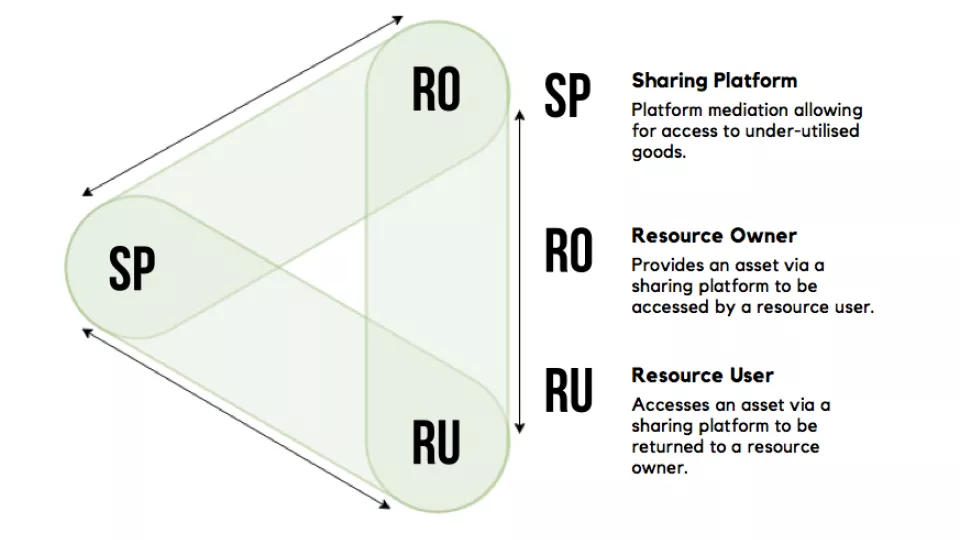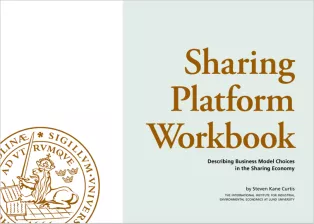About the article:
The sharing economy is not sustainable by default. Therefore, there is a need to be strategic and deliberate in how to design sharing economy business models to ensure improved sustainability performance. In a newly published article in the Journal of Cleaner Production, PhD Researcher Steven Curtis and Prof. Oksana Mont conduct morphological analysis, a comprehensive method to structure and analyse business models. The resulting analysis describes all relevant sharing economy business model attributes across three dimensions: value facilitation, value delivery, and value capture.
This research is the most comprehensive description of business model attributes in the sharing economy in academic literature to date. In addition, the research elaborates conditions for improved sustainability performance, which prioritises reduced resource extraction and greenhouse gas emissions as well as enhanced social interaction.
1. Operates as a two- or multi-sided platform.
2. Leverages idling capacity of an existing stock of goods.
3. Possesses non-pecuniary motivation for ownership.
4. Facilitates temporary access over ownership.
The article can be downloaded here.
The content of the article has been translated into a practice-oriented workbook, which provides detailed descriptions of all sharing economy business model choices, with examples. The workbook is intended to support sharing platforms to improve their offerings as well as for entrepreneurs, managers, funders, and regulators to better understand the practices of the sharing economy. The Sharing Platform Workbook can be downloaded here.



